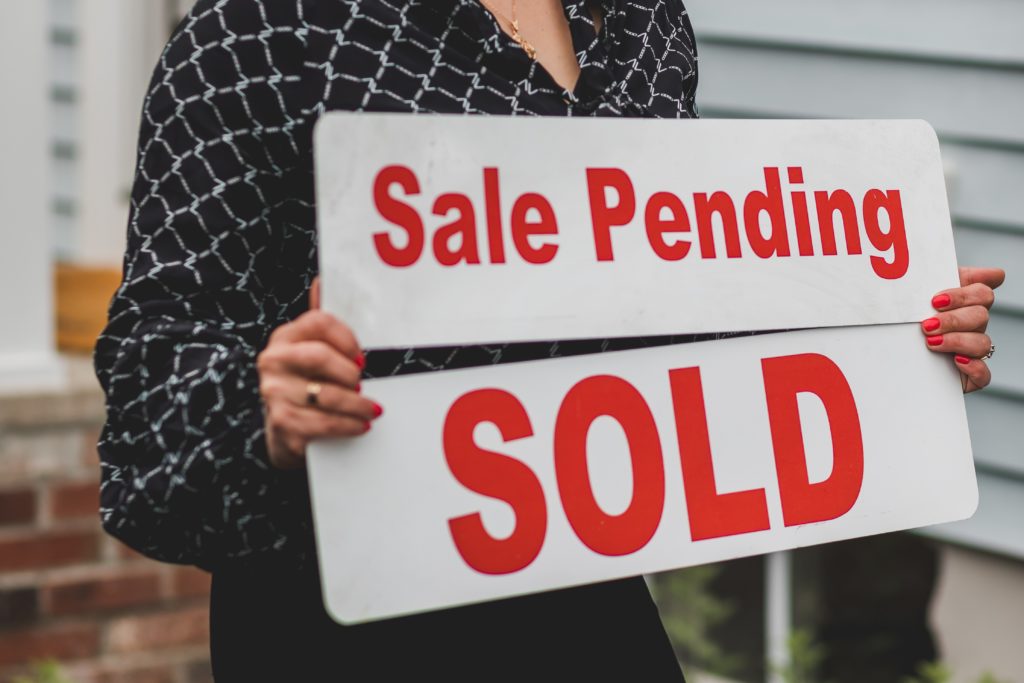When you’re contemplating selling your business, you’ll need to determine how much the business is worth. Knowing your business’s value can help you sell it or establish its value for insurance purposes.
What a potential buyer will pay for your business will depend on their return on investment (ROI) and relative risk. A profitable ROI and lower business risk can command a higher sales price.
Don’t fret if you’re not sure where to start because a Florida business broker is standing by to provide assistance. Speak with them today to start you on the right path to getting the most value out of the sale of your business, or read on for more tips on how you can evaluate your business.
Post Contents
Determining Business Value
Entrepreneurs dedicate a significant amount of time, money, and energy to build a successful business. When a buyer is taking on considerable risk purchasing a business, then their potential ROI should be high relative to the level of risk.
The amount of risk involved will affect the number of interested buyers. Your new buyer has to feel satisfied with the relationship between their ROI and risk of ownership.
Florida business brokers help to mitigate the risk of future business failure. They do this by ensuring that sellers provide potential buyers with the following business information:
- If their workforce is loyal and dedicated
- If they have predictable key drivers of new sales
- If there is potential for growth/scalability
- A strong, established relationship with suppliers
- A unique selling point (USP)
- If they have a high percentage of repeat sales and customers
- No past or present lawsuits or tax complications
- Established branding with clean trademark
- Copyright and legal history
- Systems in place for efficient business operations
Value Assessment
A fair market valuation (FMV) analysis demonstrates a business’ value in the open market. The FMV uses the following to give a fair and accurate assessment of the business’ value:
- Revenue streams
- Cashflow
- Working capital requirements
- Business’ marketability
- Competition
- Ease of entry into the business/market
- Industry trends
- Scalability
- Unique assets (differentiators like people, processes, licenses, exclusivity agreements)
- Asset quality
- Location
- Facilities and renovations
- Amount of risk
- Comparable Sales Data
- ROI
- Buyer’s goals and income objectives

Selling Your Business
Business owners want to clearly understand what they’re getting when purchasing a business. Many business sellers have had success getting comparable value for their business using the following Florida business broker recommendations:
Calculate Asset Value
Add up the value of everything the business owns, then subtract any debts or liabilities. The business’s balance sheet is a great starting point for determining the business’ worth.
Tally The Business Revenue and Earnings
Knowing how much your business generates in annual sales can help you identify how much a similar business might be worth for a certain level of sales. This data can help you or your business broker find serious buyers.
The price-to-earnings (P/E) ratio estimates the company’s earnings for the next few years. Using this to convey the potential of your business may convince buyers of the value of your company.
Cash-Flow Analysis
A discounted cash-flow analysis is a formula that analyzes a business’ annual cash flow, projects it into the future, and discounts the future cash flow value to today, using a “net present value” calculation.
However, you don’t have to base the total assessment of your business’s value on mathematical formulas. Business brokers also consider things like location and USP when selling your business.

Unique Selling Point
Having a clear understanding of what differentiates your products and services from others gives you a competitive advantage. The recipes, patents, registered trademarks, documented and institutionalized know-how, custom software, and customer lists that your business possesses add value to your business.
What makes your business unique?
Knowing the ins and outs of your business and properly conveying that to interested inquirers is a skill. Many professional business brokers have developed this skill by being able to help sellers answer the following questions:
- What are the barriers to entry for this type of business?
- How dependent is the business on you?
- If a key employee leaves, will they take the customers, suppliers, and trade knowledge with them?
- Are key employees satisfied enough to stay with the company?
Get Started Brokering a Business
Successfully selling your business involves answering lots of questions. Qualified buyers want to have all of the credible and reliable information you can provide to estimate the company’s total value today and in the future. Not taking your business valuation seriously could squander the results of your potential business deal.
You don’t have to figure this out alone. An experienced business broker can help you find potential buyers for your business, advocate on your behalf, and negotiate favorable outcomes for you.






























